Many more than just the two of them cared when Porter Wagoner and Dolly Parton released their second collaborative studio album, Just the Two of Us, on RCA Victor, on this day—September 9—in 1968.
The album proved that neither their chemistry nor fans’ interest in the singing pair was a fluke. Just the Two of Us peaked at No. 5 on the Billboard Top Country Albums chart and was home to three singles. “Holding on to Nothin’” and “We’ll Get Ahead Someday” were among the releases and became Top 10 hits on the Hot Country Songs chart. “Jeannie’s Afraid of the Dark” made less of an impact as it peaked at No. 51.
However, the success still made them one of the country genre’s most reliable money-making duos – and proved their partnership was more than a TV attraction.
Echoing Billboard’s support, Cashbox celebrated the standout performances on songs including “The Dark End of the Street” and “I Washed My Face in the Morning Dew.”
Kevin John Coyne from Country Universe observed that “a large part of the appeal of these classic duets is that it feels like you’re eavesdropping on a real couple.
Videos by American Songwriter
Porter Wagoner and Dolly Parton’s Songs Were Like “Eavesdropping”
“The emotional honesty is so raw,” he noted.
The album was a pivotal career moment for Parton, who was still working to establish her solo career. Through their partnership, she was able to perfect her songwriting and performance skills while building a foundation for hard-won solo superstardom.
Just the Two of Us showcased Wagoner’s ability to evolve and stay relevant by sharing the spotlight. Pairing his traditional lean with Parton’s new and young voice, he cemented himself in the genre’s evolving landscape for years to come.
Together, they were a successful test case for male-female duets—balancing storytelling, vocal blend, and emotional realism in a way that would influence future acts including George Jones and Tammy Wynette, Conway Twitty and Loretta Lynn, and even later collaborations between Brooks & Dunn and Reba McEntire.
But it wasn’t easy, and the tension showed up in their music.
Their Tension was Palpable
“My husband and I don’t argue, but Porter and I did nothing but fight,” Parton told W Magazine. “It was a love-hate relationship.”
Just the Two of Us reflected a relationship on the brink. “Holding on to Nothin’” depicted the pain of hanging on to a fading relationship. “We’ll Get Ahead Someday” was a hopeful, working-class narrative of struggle and perseverance. “Jeannie’s Afraid of the Dark” showcased their willingness to handle darker material.
The album foreshadowed the pair’s professional demise. By the mid-1970s, Parton was tired of her role as Porter Wagoner’s “girl singer.” She had joined his television show in 1967, but by 1973, her songwriting catalog was growing, and her solo singles, including “Joshua” and “Coat of Many Colors,” were getting traction.
Parton wanted to leave the partnership—and Wagoner ardently resisted. She wrote “I Will Always Love You” for him in an attempt to explain herself in a way that he would hear. She reportedly first sang it to him in his office, and Wagoner broke down in tears and told her, “That’s the best song you ever wrote. And you can go if I can produce that record.”
Dolly Parton “Will Always Love” Porter Wagoner
Parton agreed, and her song was released in 1974. Between her version for Wagoner and Whitney Houston’s cover on The Bodyguard, it became one of the most iconic songs in music history.
However, their partnership didn’t end on a high note. Wagoner sued Parton in 1979 for breach of contract, saying she owed him money and abandoned their partnership. Despite a divisive lawsuit, Parton never denied Wagoner’s influence on her career. She was with him when Wagoner was inducted into the Country Music Hall of Fame in 2002.
He died in 2007. Parton said, “There’s a lot between us. We had some real heartaches, but I would not be here if it weren’t for him.”
(Photo by Ron Davis/Getty Images)

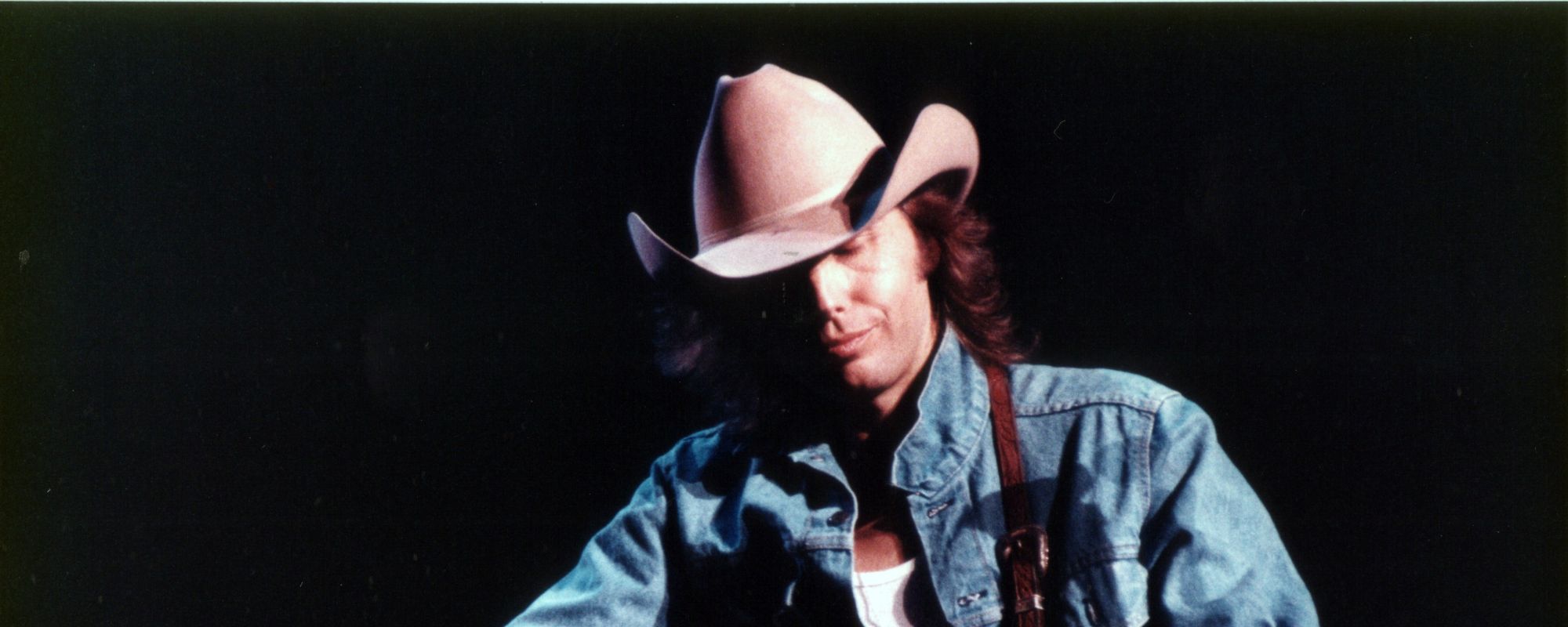
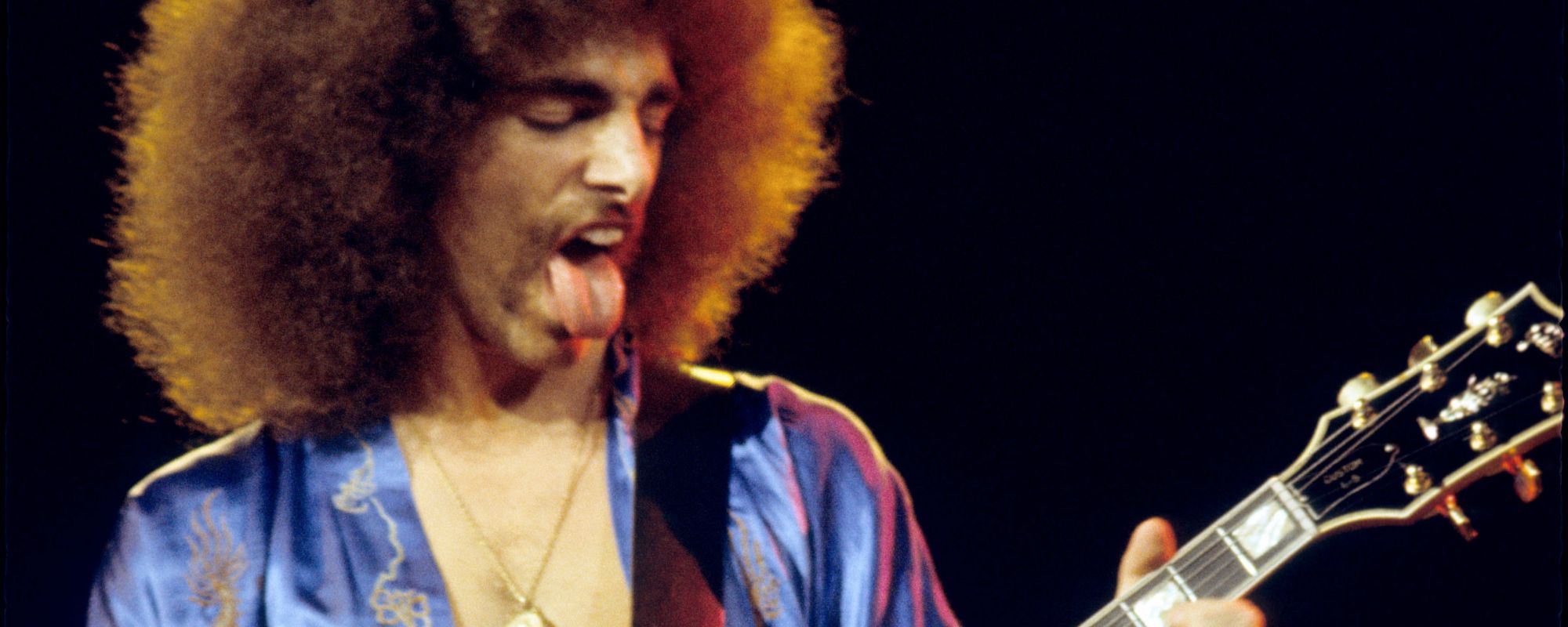
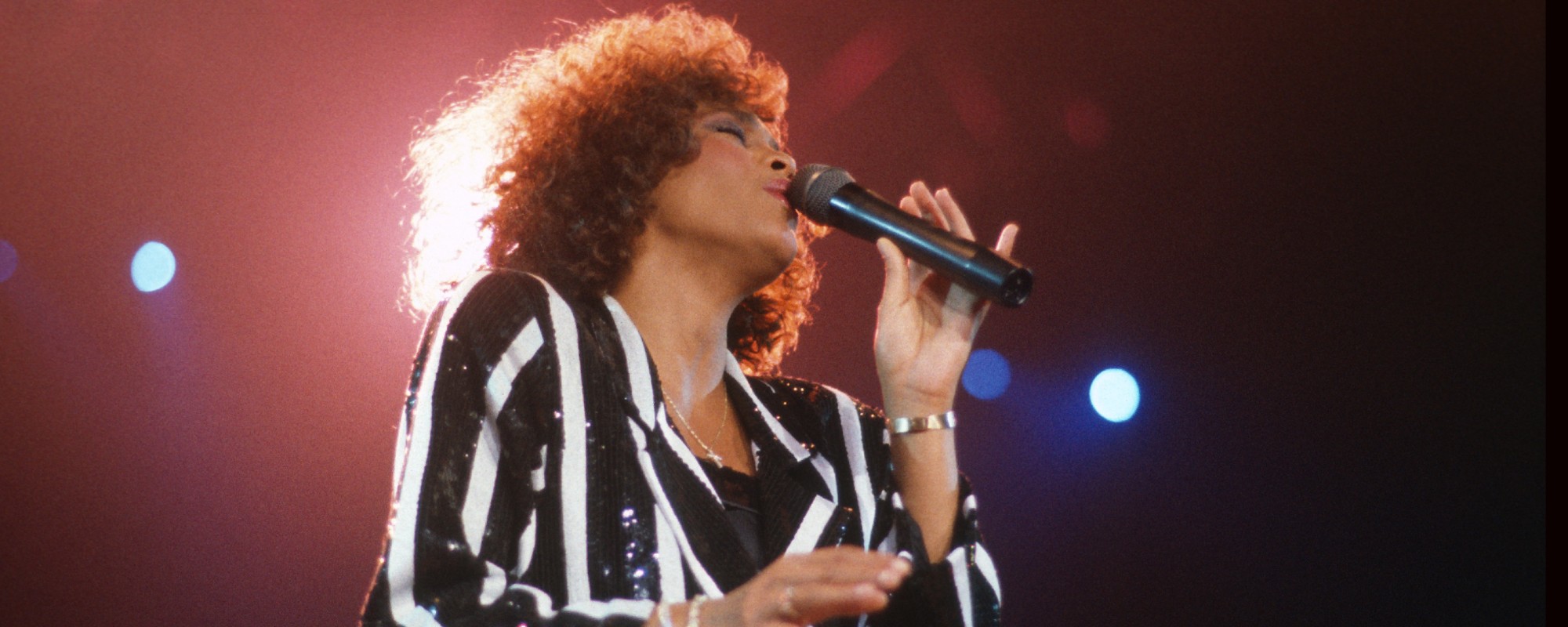
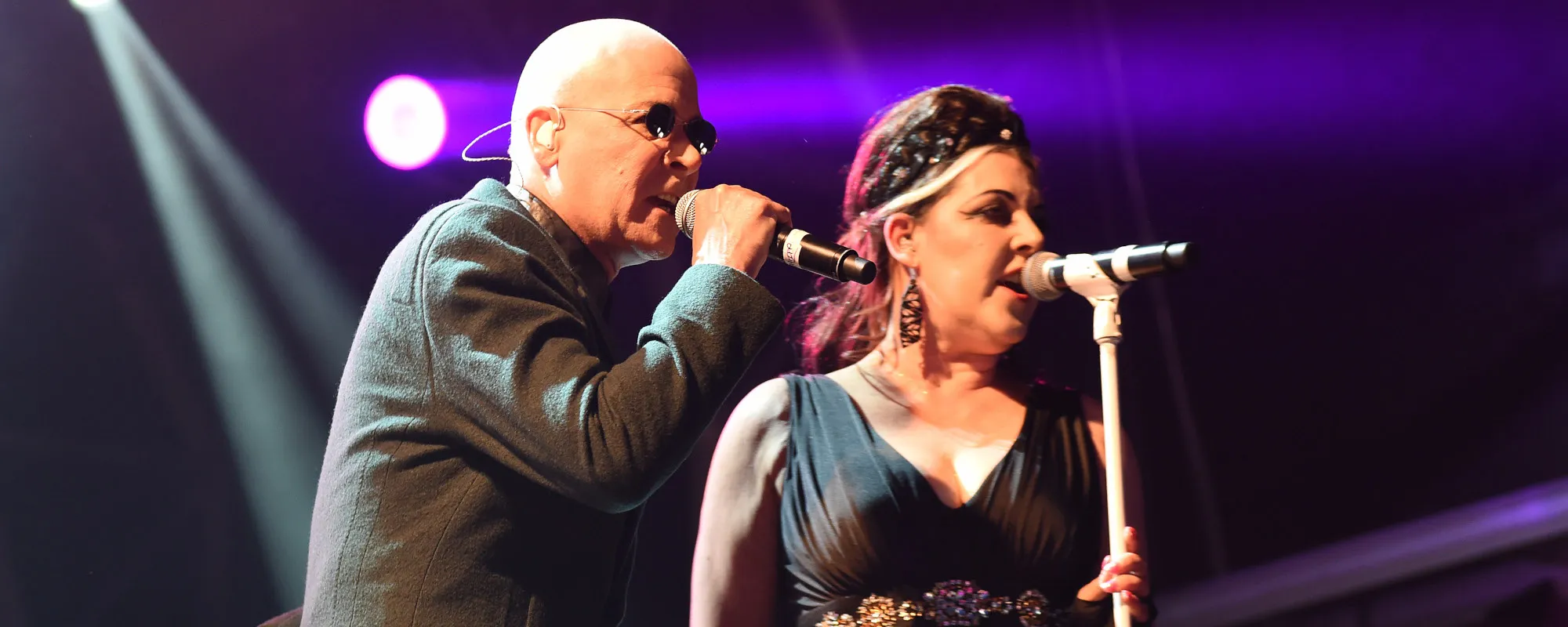
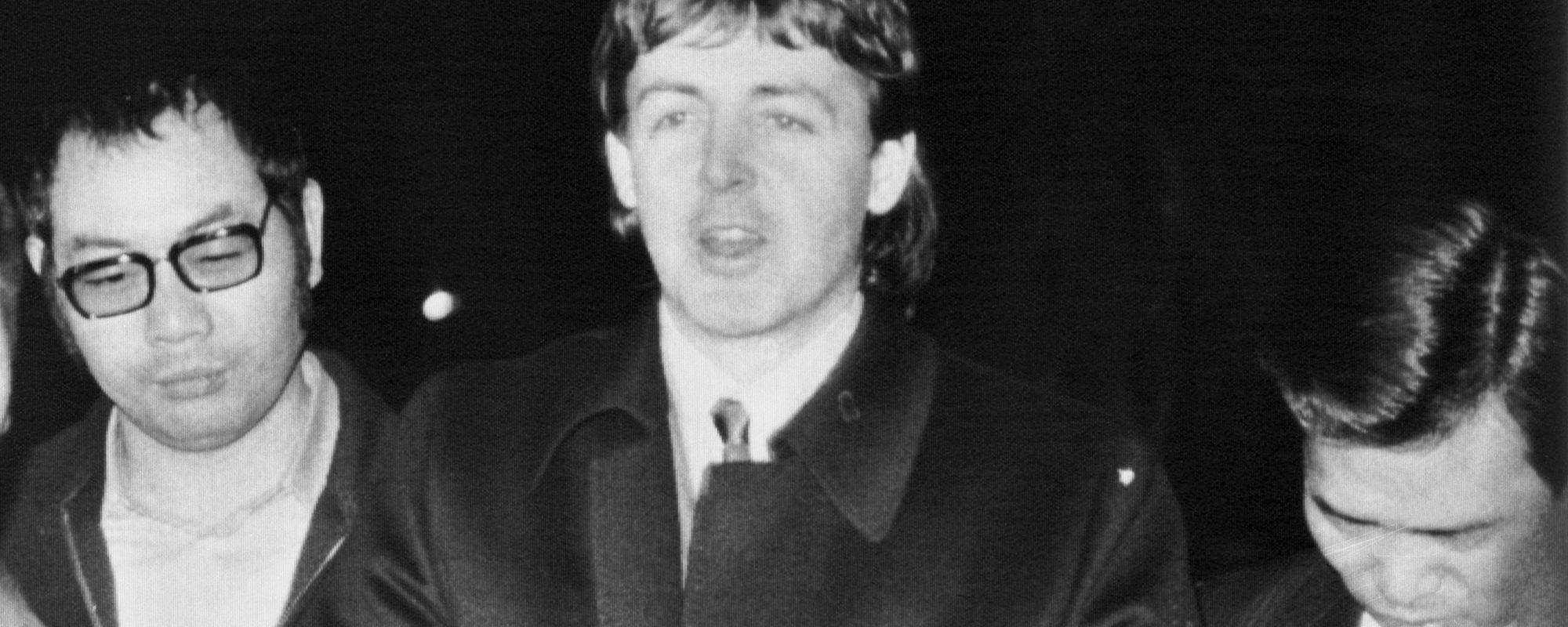
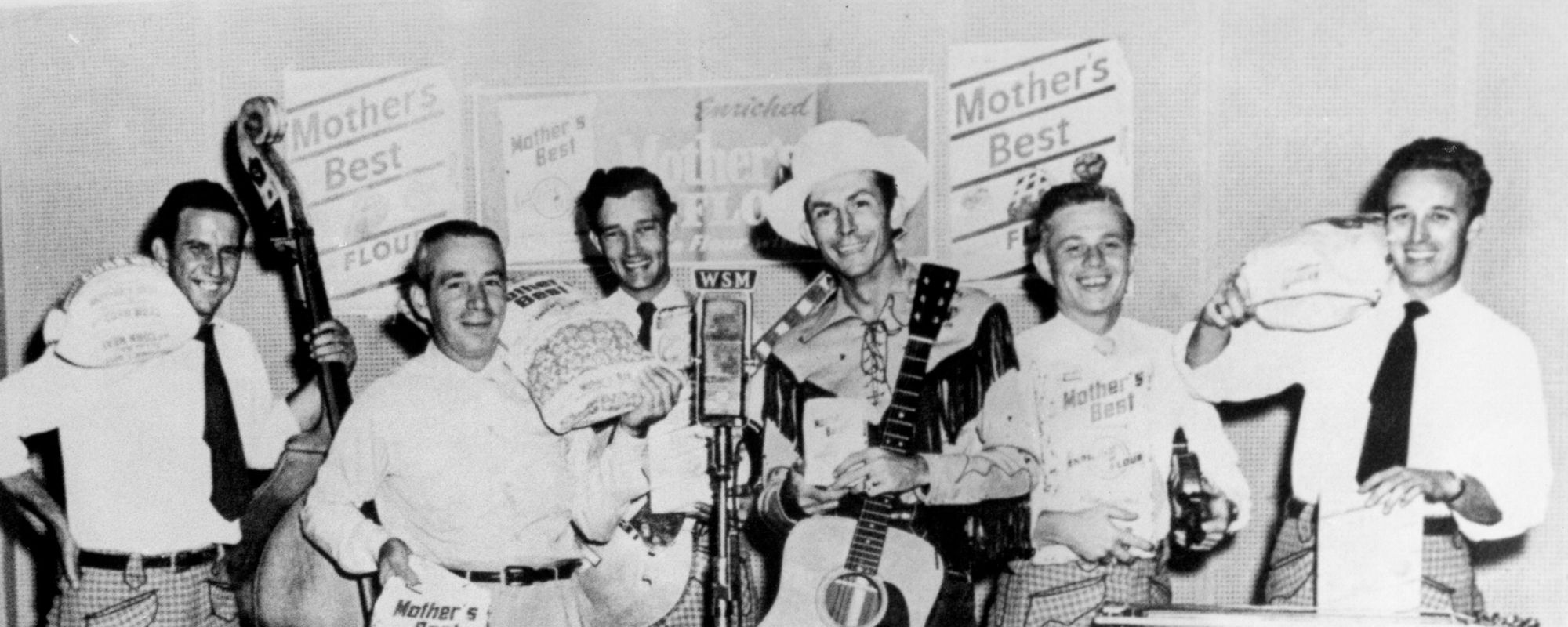

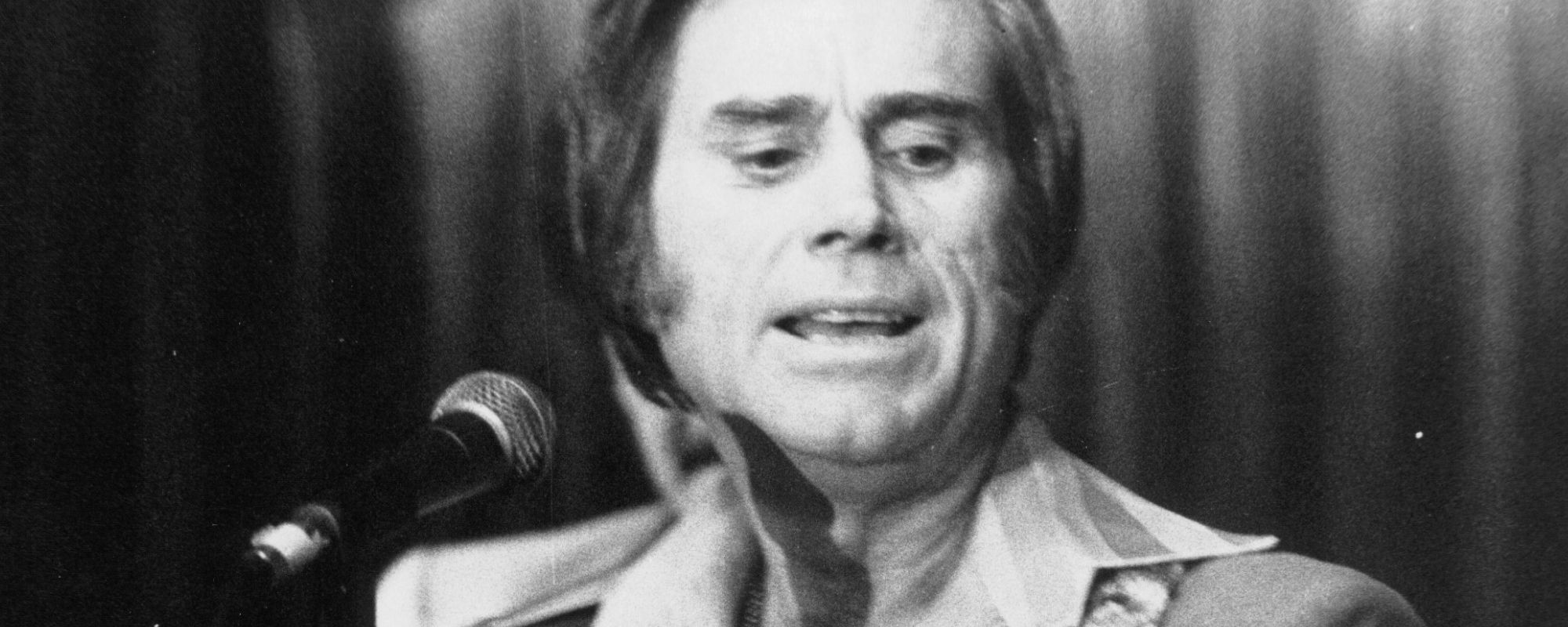
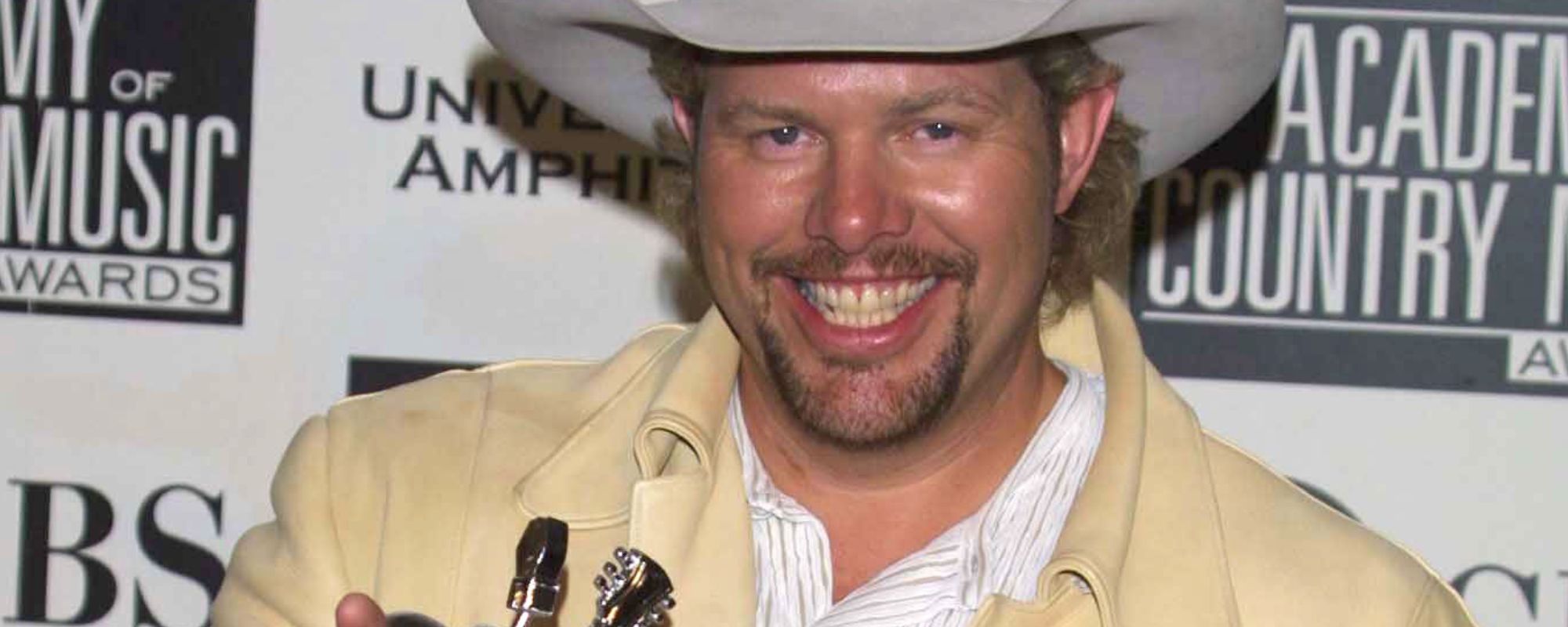
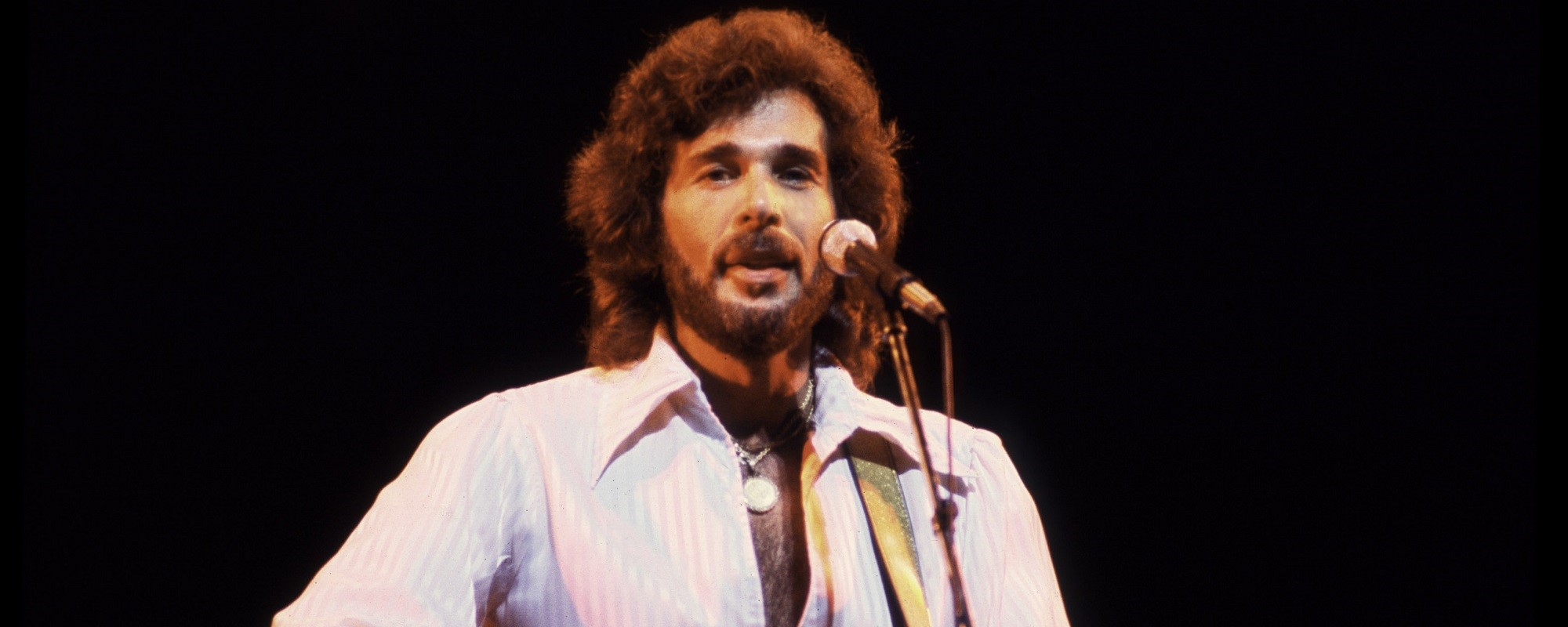
Leave a Reply
Only members can comment. Become a member. Already a member? Log in.